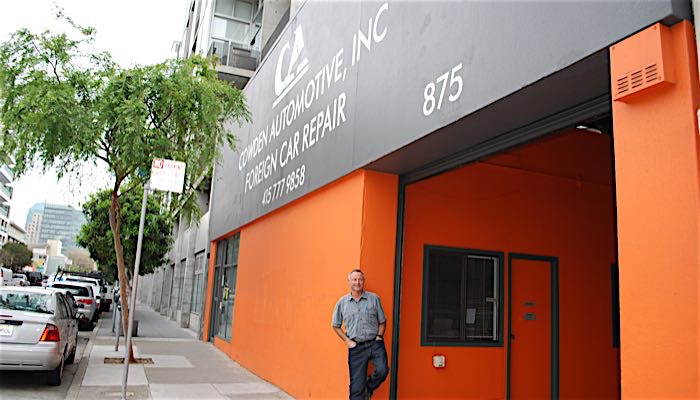By Mark J. Claypool
I must admit it can all be confusing sometimes – domains,
URLs, Web servers, the cloud, IP, FTP, search engines, SEO, meta tags, etc.
There’s a lot of website development terminology that may or may not mean
anything to us.
So let me explain some of it. Bookmark this article and keep it available as a
handy resource. Here goes:
- Internet
– A global network of millions of independent
computers, linking more than 100 countries and nearly 2.5 billion people.
Contrary to what Al Gore may have claimed, he did not “invent” the
Internet. It’s more of a concept rather than an actual entity, a physical
infrastructure of networks connected to other networks. - World
Wide Web – Often mistakenly used
synonymously with the Internet, the Web is actually a place for sharing
information that’s built on top of the Internet. This is where we access
information and have our websites. - ISP – Internet
Service Provider, a company such as AT&T and Verizon that sells you a
connection to the Internet. Access is given through the old dial-up
method, DSL, cable or other means. - IP
address – IP stands for Internet
Protocol. All machines on the Internet have a unique, numerical IP
address. These numbers identify each particular machine, which is why you
should never have a computer in your lobby where people can leave you
reviews. These reviews would all come from the same IP address, and review
sites will eventually disregard them, believing you were “stuffing the
ballot box” with reviews yourself. - Domain
– Remembering numeric IP addresses alone would be
impossible, so domains are words rather than numbers. Like google.com,
bodyshopbusiness.com, optimaautomotive.com and your own business domain: insertyournamehere.com.
Domain names are not “owned,” but you can own the rights to use these
domains. You can reserve domains through services like GoDaddy, HostGator,
etc. When used online, your domain is known as a URL (uniform resource
locator) or your Web address. You, as the business owner, should own the
rights to your own domain name. - Domain
Name Server (DNS) – A computer
that hosts a domain name and directs an inquiry about that domain name to
the correct IP address where the content associated with that domain
resides, usually a Web server. - Web
server – Web pages have to be
hosted somewhere, and Web servers are where it happens. They serve up
websites under assigned domain URLs. This is also known as “hosting,”
since you must have a Web server that “hosts” your website for you so it
can be seen by your customers and prospects. Usernames and passwords
(known as FTP access codes) are needed to get into your Web server. - Email
servers – These are similar to Web
servers in that they serve up emails like an electronic postal service,
both incoming and outgoing. These are separate from Web servers, which is
often confusing for business owners. Email servers are Mail Transfer
Agents (MTAs) that transfer electronic mail messages back and forth.
Usually these services – Web hosting and email – are bundled in a
package. - Search
engines – These are computer
programs that read, or index, all the text on a website and search for
particular keywords within them. They include Google, Yahoo, Bing, etc.
Search engines use sophisticated, proprietary algorithms to match search
queries entered by individuals with Web pages containing those keywords. - Search
engine optimization (SEO) – The art and
science of building and maintaining a website so it ranks as highly as
possible when searched by that site’s target audience. No SEO company can
ethically promise position one or page one placement of a website. The
more you know about this, the better. - HTML –
Stands for Hyper Text Markup Language, the programming language used to
create websites. HTML defines exactly how a website should look when it
appears on a computer screen. Plus, it contains the actual content that
the website will have on it, both text and images. - Meta
tags – These are part of the HTML
coding of the site but do not change how a website looks. Rather, they
provide information about images, page descriptions and the SEO-important
title tags on the page. As stated in past columns, meta tags called meta
keywords are no longer relevant, yet most developers still use them. - Cloud
– Offsite, online storage of data with a service
provider. This is used for documents, images, databases, etc. These can be
used as backup or to alleviate the need to have storage devices in-house.
BSB Contributing Editor Mark
Claypool has more than 30 years of experience in the fields of workforce
development, apprenticeships, marketing and Web presence management with
SkillsUSA, the I-CAR Education Foundation, Mentors at Work, VeriFacts Automotive
and the NABC. He is the CEO of Optima Automotive (www.optimaautomotive.com), which provides
website design, SEO services and social media management services.
Article courtesy of BODYSHOP BUSINESS.

